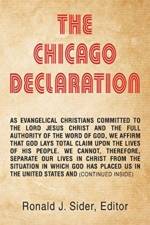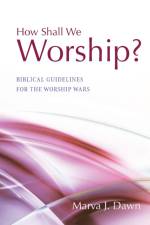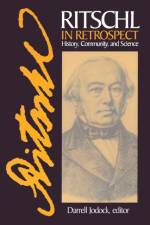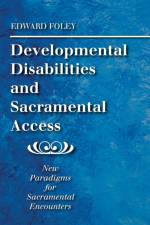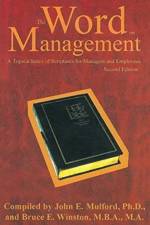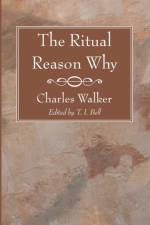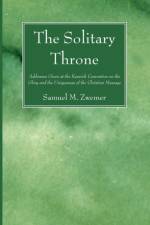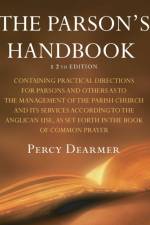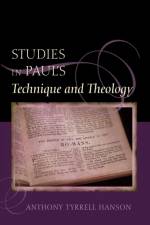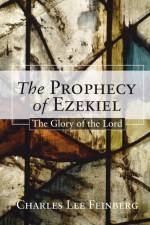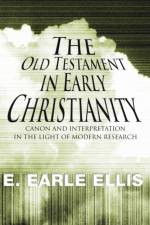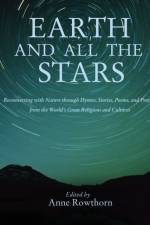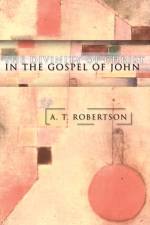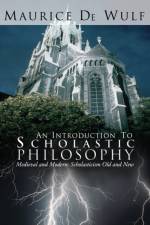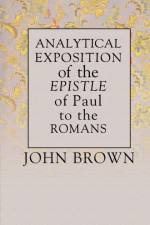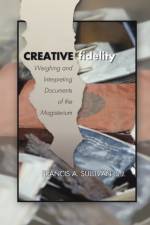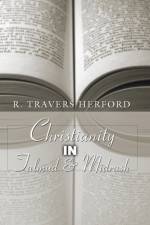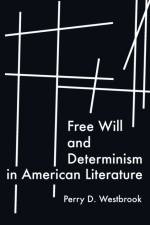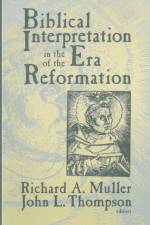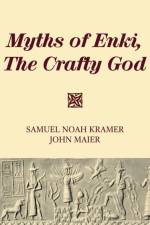487
Drawn from Christianity, Judaism, Hinduism, Buddhism, Paganism, and the religions of the indigenous people, ''Earth and All the Stars'' is an anthology to save the Earth. Contributions range from the earliest recorded Hindu song (3000 B.C.E.) to the oldest known Celtic prayer to a contemporary poem by a Nigerian teenager. Also represented are ancient Chinese poems, Native American chants, and incantations from indigenous peoples.''Earth and All the Stars'' includes prayers, litanies, songs, and meditations from the world''s great religious and cultural traditions. Such revered writers as Ralph Waldo Emerson, Fyodor Dostoyevsky, Albert Einstein, Joseph Addison, the Dali Lama, Thich Nhat Hanh, Ernesto Cardenal, Theodore Roethke, Wendell Berry, and Gary Snyder are featured. Works by children who have participated in United Nations environmental programs round out this inspiring collection.Drawing from every continent, Anne Rowthorn has created a truly global anthology for the new millennium and for the thousands of people turning their attention to preserving the earth, to celebrating diversity, and to building bonds between the world''s religions and cultures. This beautiful book has something for everyone - a perfect gift for people of all ages and all backgrounds in celebration of our Mother Earth.

